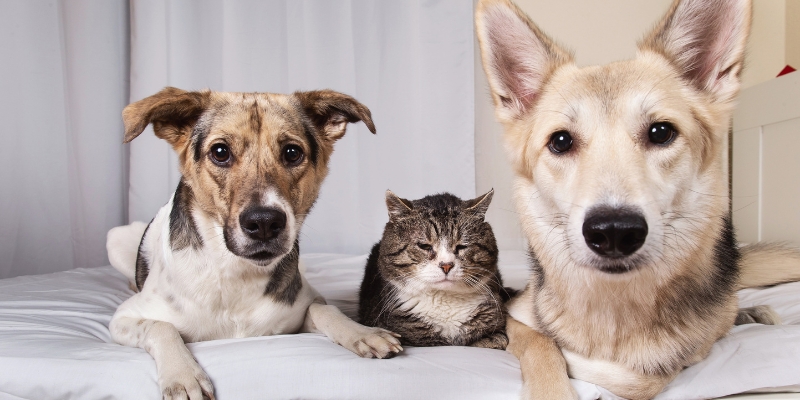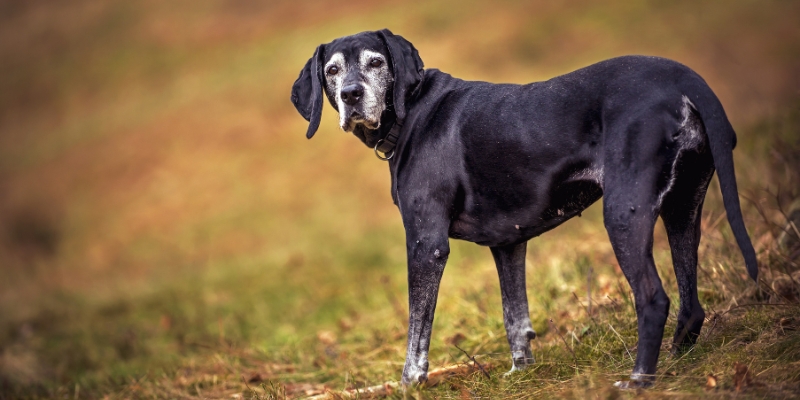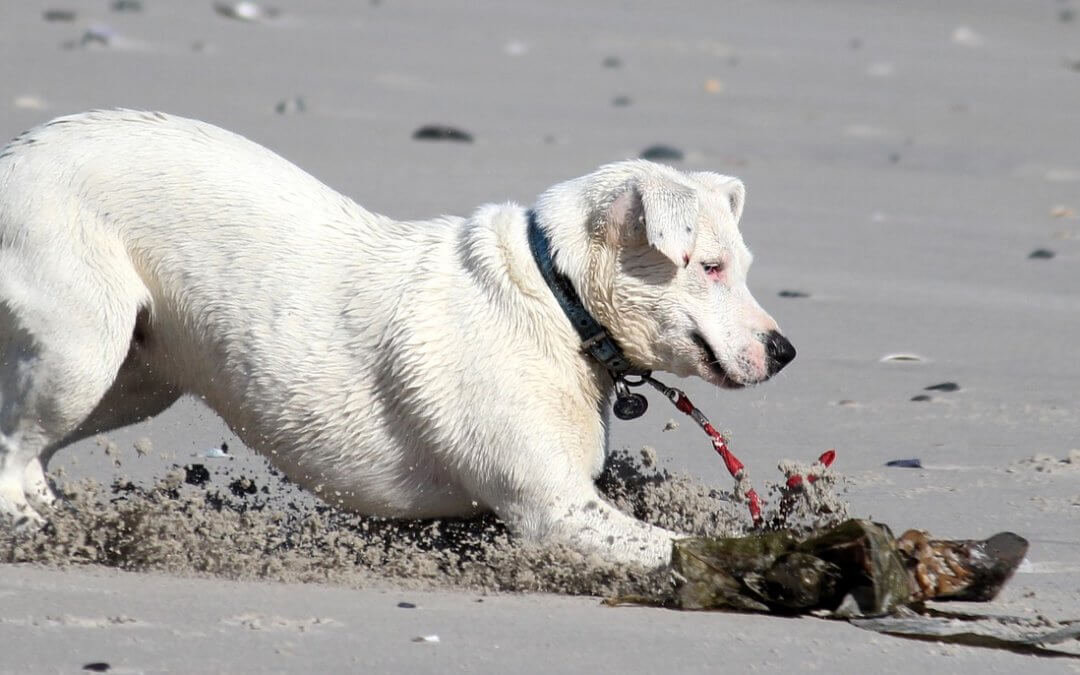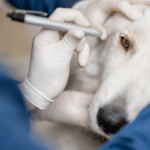
by petpack | Jul 13, 2023 | Pet Advice
Whilst annual rechecks are sufficient for monitoring the health of most young to middle-aged pets, our team recommends 6-monthly rechecks for cats and dogs over eight years of age. Why? Read on to find out! Aging rate It is thought that a one-year-old medium-sized dog...

by petpack | Jun 8, 2023 | Pet Advice
Morris’ graze with danger How many amazing medical skills and services do our veterinary hospitals have to offer? To show you, we’d like to tell the story of little Morris, who had an unfortunate run-in with a car. One day, Morris the six-month-old Schnauzer pup was...

by petpack | May 11, 2023 | Pet Advice
Our vets are passionate about joint comfort and good mobility for all pets! So, we’ve compiled a list of veterinary recommendations for keeping your pet’s joints in top form throughout their life. Puppies and kittens The best way to help your pet’s bones and...

by petpack | Apr 17, 2023 | Pet Advice
Ever feel overwhelmed when you start to peruse all the various dietary options on offer for dogs? Which is going to be the healthiest diet for your pet? The truth is, there is no one perfect diet to suit every dog. Home-cooked diets can be preferable for some pets,...

by petpack | Mar 9, 2023 | Pet Advice
Whether you’re purchasing a special breed pup or scouting out local rescues to adopt a canine companion, it’s important to research and plan for your future dog’s specific care needs. Doing this will ensure that you’ll have the time and resources to provide the best...

by South Cranbourne Vets | Nov 16, 2020 | Pet Advice
Leptospirosis in dogs As you may be aware there have been recent reports in the media of cases of leptospirosis identified in dogs in Melbourne. Leptospirosis is not a disease we commonly see in Melbourne and you may have a few questions. We are hoping this blog will...












